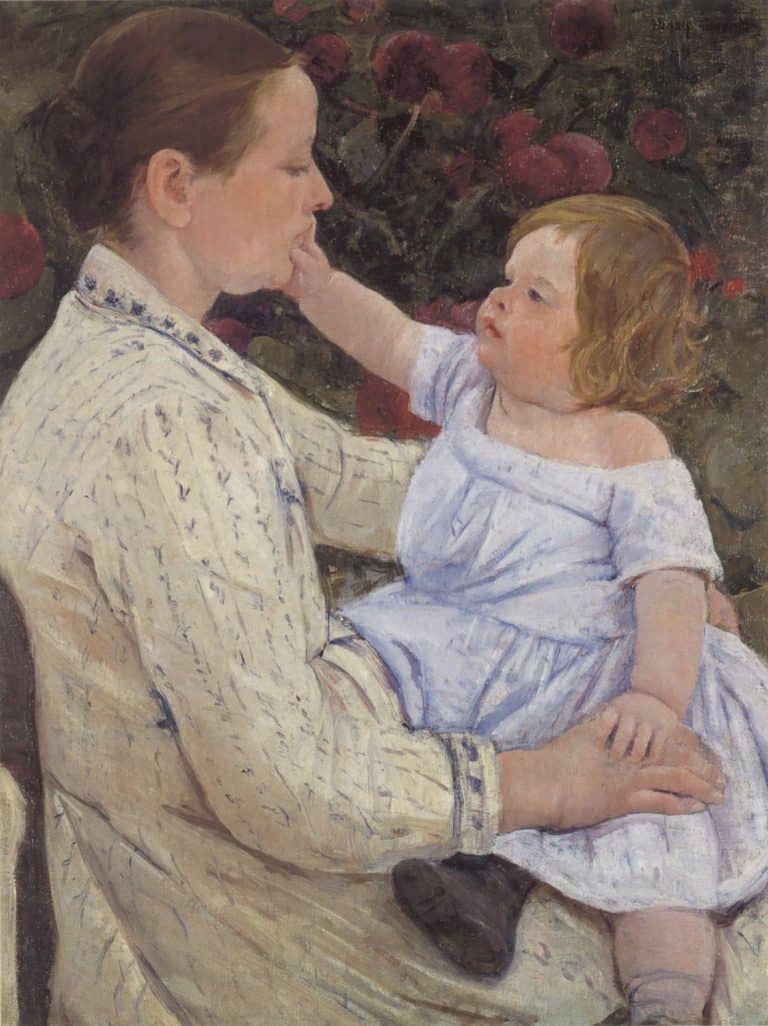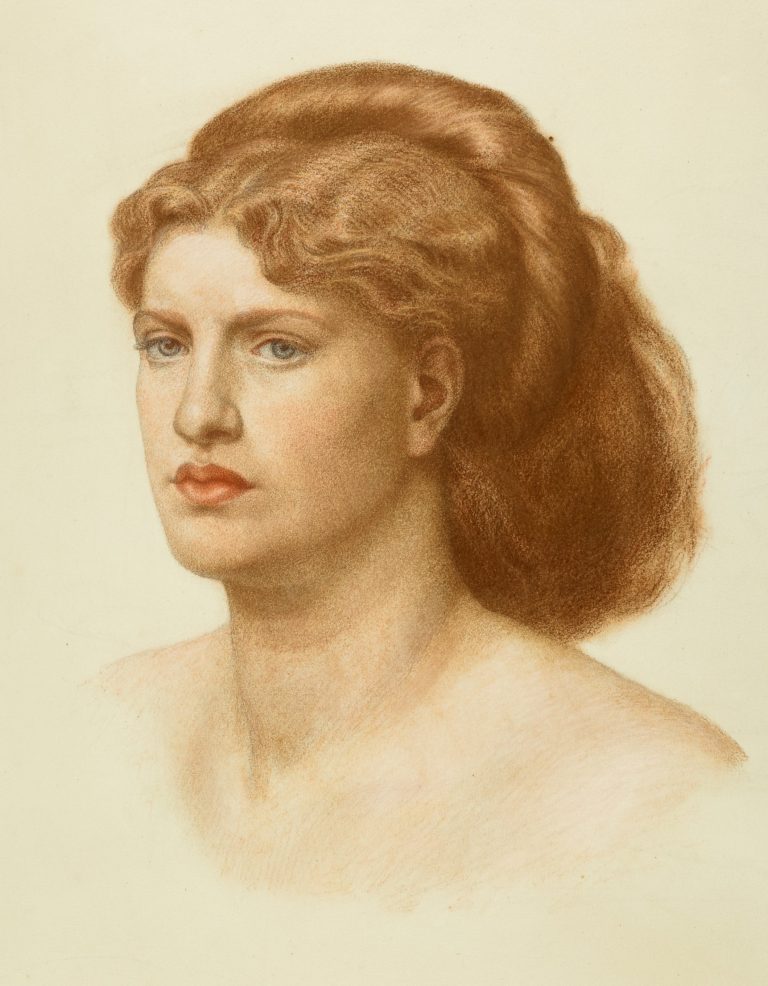Alcohol Makes OCD Worse: Is There Really a Connection?
Medically Reviewed By – Juliet Gustafson, LMSW

From the dawn of time people questioned the potential effects Alcohol has on mental health disorders. This is due to many factors such as social perception and the unfortunate stigma surrounding mental health illnesses.
Moreover, since alcohol is widely accepted in the public eye and acts as a relief agent, you may have trouble telling when your drinking habits have crossed the line into problematic territory. So, the question remains does alcohol make OCD worse?
This post Is all about Why and How Does Alcohol Make OCD Worse

🎁 Special Offer: 🎁 When you use our affiliate link, you’ll receive an exclusive 20% discount on Online-Therapy.com services!
Don’t miss this opportunity to invest in yourself and unlock your full potential. Start your journey to mental wellness today!
Say yes to a brighter, happier future with Online-Therapy.com!
20% discount on Online-Therapy.com services
Are you ready to take control of your mental well-being and embark on a journey towards a happier, healthier you? Look no further than Online-Therapy.com!
Experience a transformation in your mental health with the following benefits:
- Convenient & Confidential: Online-Therapy.com provides a safe and private platform for therapy sessions. Say goodbye to the stress of in-person appointments.
- Comprehensive Resources: Access a treasure trove of therapeutic resources, including worksheets, journals, and interactive tools, all designed to help you grow and heal.
- Certified Professionals: Connect with experienced and licensed therapists who are dedicated to your progress and well-being.
- Tailored Approach: Online-Therapy.com offers personalized plans designed to suit your specific needs, ensuring you receive the support you deserve.
What Is OCD
OCD is a mental illness affecting millions of people worldwide. Obsessive compulsive disorder (OCD) consists of two main components, obsessions and compulsions.
Obsessions are the irrational thoughts and urges that occur frequently over time causing anxiety and stress to people with ocd.
In response to those feelings, people with OCD engage in repetitive behaviors, or mental acts, aimed at reducing distress.
Does Alcohol Make OCD Worse?
Yes, alcohol does in fact make OCD worse. Alcohol alters the way a normal human brain functions as it interprets neurological processes and signals differently. These side effects of drinking are detrimental when combined with OCD Symptoms.
Since OCD symptoms are highly associated with increased levels of stress and anxiety, alcohol abuse seems a “no brainer” as it will temporarily decrease anxiety levels.
Because it increases serotonin levels, which can raise one’s confidence and create a relaxed mood, alcohol might temporarily relieve nervous sensations.
However, these effects are short lived. As the effects of alcohol begin to leave one’s body, obsessions, intrusive thoughts and anxiety levels will increase in both severity and frequency.
Furthermore, alcohol misuse and compulsive behavior go hand in hand. As we explained in previous articles, compulsions are mental/physical actions performed to decrease levels of anxiety.
Similarly, people diagnosed with SUD (substance Use Disorder) tend to use alcohol addiction as the primary type of compulsive behaviors. This addiction will create a dependency on drinking (compulsive behaviors), thus worsening Obsessive compulsive disorder symptoms as a whole.
OCD and alcohol abuse frequently intertwine due to the temporary relief from Obsessive compulsive disorder symptoms that alcohol provides.
OCD and Alcohol Use Disorders
Obsessive compulsive disorder has been heavily linked with alcohol consumption and alcohol abuse in general. Since alcohol is used as a relief agent, unfortunately people with mental health disorders tend to abuse the consumption of alcohol.
Alcohol is a central nervous system depressant, which means the substance is a sedative and often leads to drowsiness. In short, drinking alcohol does not mix well with mental health disorders.
Furthermore, this type of excessive drinking when an individual can’t control his/her alcohol intake is called Alcohol Use Disorder (AUD) according to the diagnostic and statistical manual (DSM 5).
Alcohol Use is a serious disorder accompanied by significant levels of impairment and distress. Moreover, it is considered one of the leading causes of mortality in the world.
Interestingly enough, AUD is highly Comorbid (co occurring disorder)with OCD. Generally co occurring disorders “complete” each other, as having one disorder increases risk for the other disorder.
Additionally, mental health conditions like anxiety or depression , as well as antisocial or impulsive behavior, can increase the risk of AUD.
In terms of anxiety disorders (OCD) and substance use disorders (AUD), this appears to be true as they seem to influence each other according to a study conducted in 2000.
According to The Journal Of Anxiety Disorders, 27% of OCD patients met lifetime criteria for substance use disorders (SUD). Moreover, 70% of Comorbid SUD patients reported the onset of OCD preceded SUD by at least one year.
In addition, both OCD and Alcohol Use Disorders share a common characteristic, that being compulsive behaviours. This is believed to heavily increase Comorbid symptoms between OCD and AUD.
Related Article(s) – What Causes OCD To Get Worse?
Does Alcohol Make Intrusive Thoughts worse?

Yes, alcohol dose worsen ocd symptoms. It affects the severity of persistent and unwanted thoughts in ocd sufferers. This is due to the amount of serotonin in the brain and how alcohol negatively affects healthy levels of the neurotransmitter.
As we discussed in previous articles, the OCD brain functions in abnormal ways. This is due to a lack of a very important neurotransmitter in the brain called serotonin.
Serotonin’s function is to carry messages to and from the brain to various parts of the body. Since an OCD brain contains relatively low serotonin levels, psychological side effects such as anxiety become present.
Moreover, alcohol has been proven to negatively impact the amount of serotonin in the brain. This is the exact opposite of what people with OCD would want.Lower serotonin levels on top of a sedative like alcohol will definitely increase the severity of intrusive thoughts making them worse in the process.
In addition, intrusive thoughts are usually associated with irrational scenarios and senseless thinking patterns. In addition to various ritualistic behaviors
However, since alcohol is considered a depressant it begins to lower one’s inhibition making it harder to think consciously and logically. Thus, making intrusive thoughts worse.
Treating OCD and Alcohol Use Disorders
Thankfully not everything is doom and gloom when it comes to OCD and Alcohol abuse. There are a couple of proven treatment methods used to yield effective results. The specific treatment approaches for OCD include therapy sessions and medication.
People who are experiencing symptoms of alcohol withdrawal or are unable to stop drinking on their own should consult with a licensed substance abuse counselor.
if you or a loved one is struggling with a substance addiction, visit SAMHSA’s National Helpline to learn about treatment options and risk factors.
Exposure and Response Prevention (ERP)
A type of psychotherapy that has proven to be highly effective in treating OCD and other mental health disorders. This therapy helps people with OCD face their fears through gradual exposure exercises while resisting their compulsive behaviors.
Traditional exposure therapy has been shown effective in treating both OCD and alcohol dependence by gradually desensitizing people with ocd.
Mix of ERP and Medication
One of the most common approaches in dealing with mental health disorder. A mix of psychotherapy such as ERP and taking medication such as SSRIs used to help people ocd symptoms.
Medication
Usually used when patients delay treatment and psychotherapy alone will not provide benefits. Different medications are commonly used to treat ocd typically include selective serotonin reuptake inhibitors, or SSRIs.
Related Article(s) – Proven Treatment Methods In OCD

🎁 Special Offer: 🎁 When you use our affiliate link, you’ll receive an exclusive 20% discount on Online-Therapy.com services!
Don’t miss this opportunity to invest in yourself and unlock your full potential. Start your journey to mental wellness today!
Say yes to a brighter, happier future with Online-Therapy.com!
20% discount on Online-Therapy.com services
Are you ready to take control of your mental well-being and embark on a journey towards a happier, healthier you? Look no further than Online-Therapy.com!
Experience a transformation in your mental health with the following benefits:
- Convenient & Confidential: Online-Therapy.com provides a safe and private platform for therapy sessions. Say goodbye to the stress of in-person appointments.
- Comprehensive Resources: Access a treasure trove of therapeutic resources, including worksheets, journals, and interactive tools, all designed to help you grow and heal.
- Certified Professionals: Connect with experienced and licensed therapists who are dedicated to your progress and well-being.
- Tailored Approach: Online-Therapy.com offers personalized plans designed to suit your specific needs, ensuring you receive the support you deserve.
Final Thoughts on Alcohol Makes OCD Worse
All in all, obsessive compulsive disorder (OCD)and alcohol do not mix well. Numerous studies suggest that alcohol does in fact provide OCD sufferers with temporary relief that somewhat resembles the effects of performing compulsive behaviors.
Moreover, since alcohol is considered an addictive substance, it really is not recommended to drink excessively as it may interfere with OCD medication and slowly turn into a coping mechanism thus increasing severity of obsessive thoughts and worsen symptoms.
Alcohol can provide short-term relief of certain symptoms of OCD, such as anxiety, stress or shame.
Anyone with OCD should drink alcohol sparingly or avoid drinking at all to prevent triggering their OCD Symptoms. Moreover, it is imperative to Pay attention to how much alcohol you consume, and even consider tracking the amounts in a journal or diary.
Depending on your situation, drinking history, and alcohol use patterns, this may mean carefully monitoring your alcohol consumption or stopping altogether.
This post was all about Why and How Does Alcohol Make OCD Worse



I love it so much.
I really appreciate it, Thank You so much!